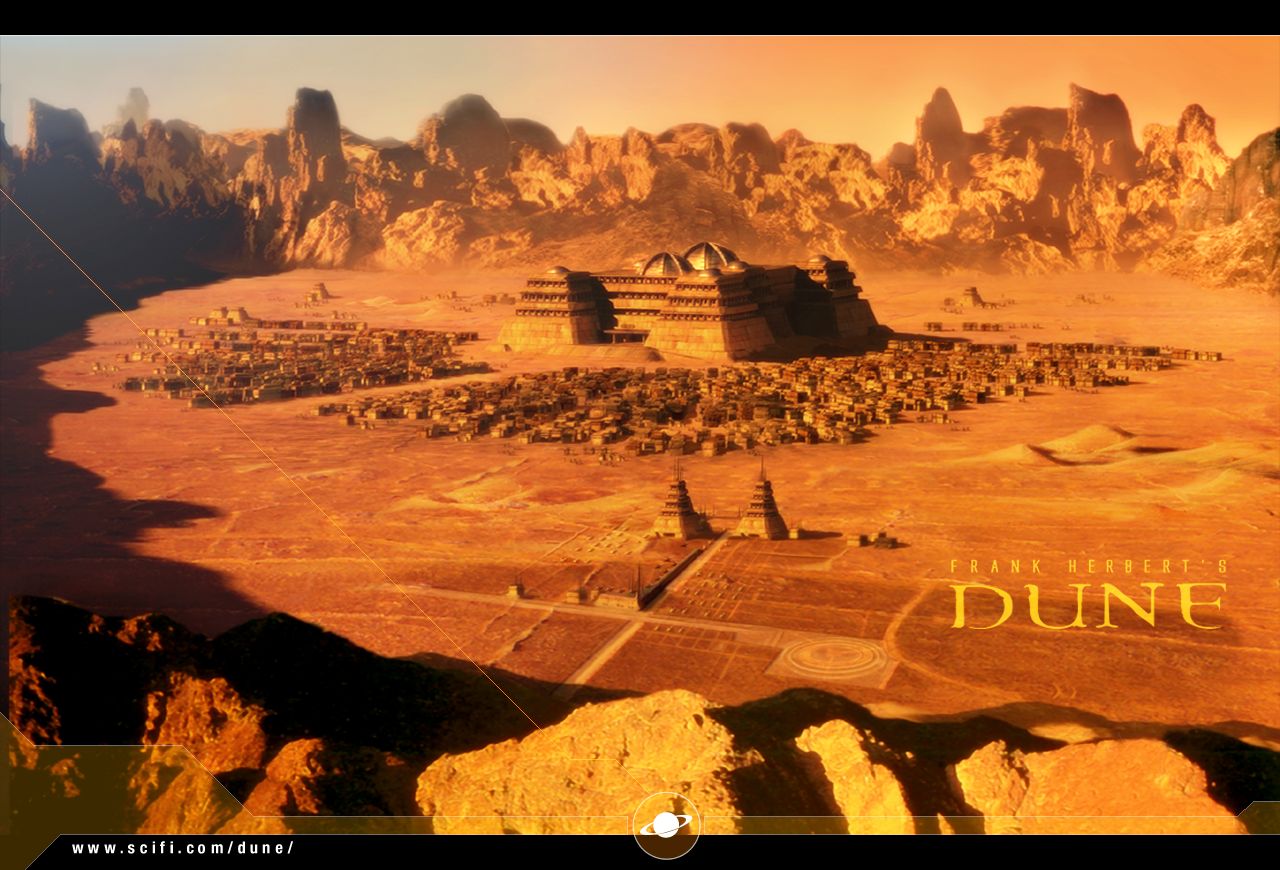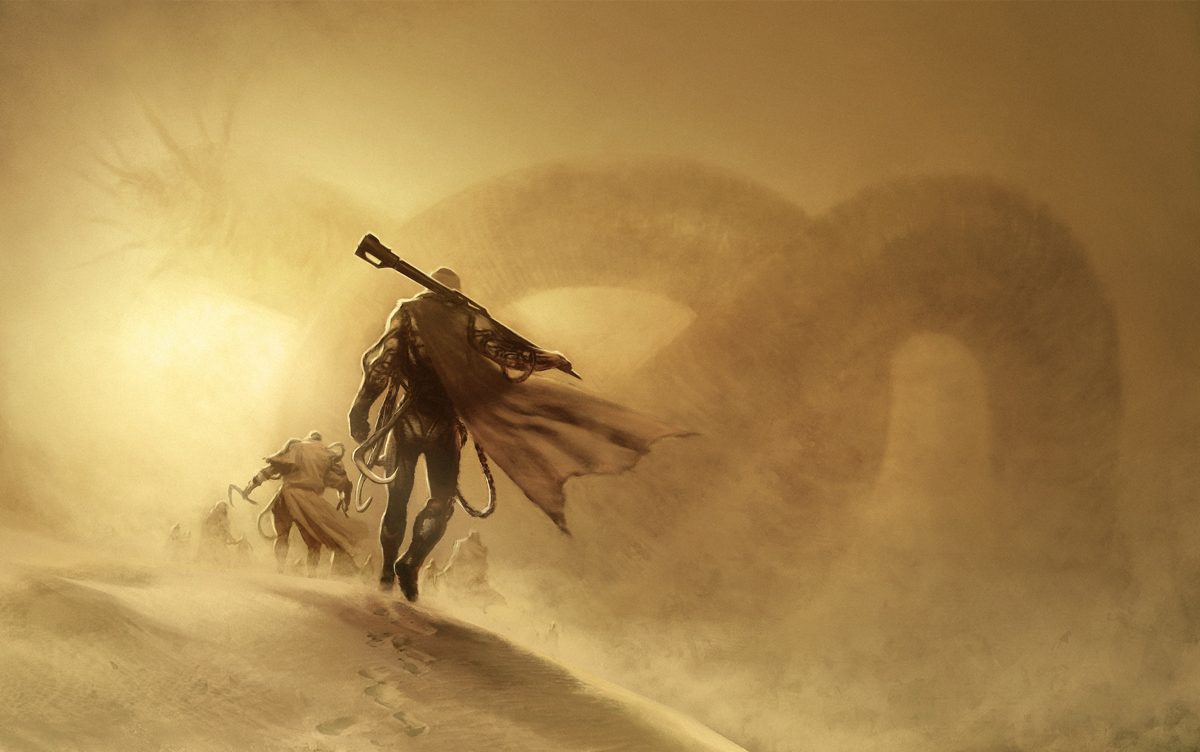
Set more than twenty thousand years in the future, the book focusses on the battle to control Arrakis, the source of melange, or spice, an addictive substance that prolongs life and, in some cases, gives the user glimpses of the future. Like the best science-fiction and fantasy novels, “Dune” creates for the reader a complex, fully-realized universe. If you’ve never read it, you should find time to. If you haven’t read it lately, it’s worth a return visit. (I gave up after the fourth installment, “God Emperor of Dune.”) With daily reminders of the intensifying effects of global warming, the spectre of a worldwide water shortage, and continued political upheaval in the oil-rich Middle East, it is possible that “Dune” is even more relevant now than when it was first published. The conversion of “Dune” into a franchise, while pleasing readers and earning royalties for the Herbert estate, has gone a long way toward obscuring the power of the original novel.


There are now eighteen novels in the “Dune” chronicles, not to mention screen adaptations, comic books, and countless board, video, and role-play games.

Nevertheless, the novel has produced a cottage industry of sequels, prequels, and spin-offs, the production of which only accelerated after Herbert’s death in 1986. Catchphrases from the book have not entered the language.

As recently as last year, it was named the top science-fiction novel of all time in a Wired reader’s poll.Īs David Itzkoff noted in 2006, what’s curious about “Dune” ’s stature is that it has not penetrated popular culture in the way that “The Lord of the Rings” and “Star Wars” have. It won science fiction’s highest awards-the Hugo and the Nebula-and went on to sell more than twelve million copies during Herbert’s lifetime. The worms I had in mind sprang first from the imagination of Frank Herbert, and they have, over the past half century, burrowed their way into the heads of anyone who has read his science-fiction classic, “Dune.” Set on a desert planet named Arrakis that is the sole source of the universe’s most valued substance, “Dune” is an epic of political betrayal, ecological brinkmanship, and messianic deliverance. As the temperature in California’s Death Valley climbed toward a hundred and thirty degrees recently, I had a vision of giant sandworms erupting from the desert floor and swallowing up the tourists and news media gathered around the thermometer at the National Park Service ranger station.


 0 kommentar(er)
0 kommentar(er)
